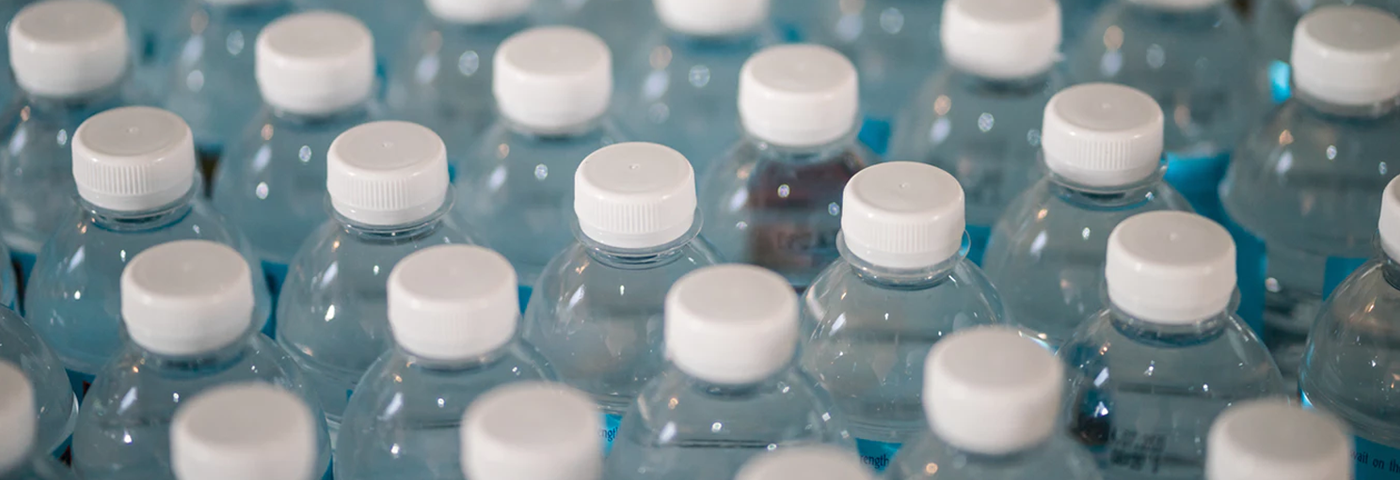“Gradually, then suddenly”. It’s how a character in Ernest Hemingway’s The Sun Also Rises, describes how he went bankrupt. I was unaware of the phrase until last week. Yet when I searched the news, there it was describing Trump and the Shut Down, the rise of the Indian economy, the collapse of the housing market.
In nearly 20 years writing and talking about environmental issues, I have seen this phenomenon time and time again. Yet people were talking and writing about climate change and biodiversity loss and the problems of GDP long before I started. Gradually these issues have raised in prominence.
Suddenly they are everywhere.
Just look at our discussions and actions around plastic. Gradually we got better at recycling, at remembering our reusable shopping bags, and then our water bottles, and then our cups for coffee.
Suddenly the issue and how to respond to it is on every day, in every page, in every store.
I could fill the rest of this blog with lists of the latest case studies. Just today a story in the Guardian revealed that Bali is introducing a tourist tax to tackle the problem. By WTM London 2019 this November, I expect there will be many more destinations who have done something similar. We will be sharing their stories and exploring ways forward together.
Jo Hendrickx has witnessed this remarkable acceleration first hand. Last year she founded an initiative, Travel Without Plastic, designed to support hotels and other tourism businesses in removing unnecessary plastic from their supply chain. By WTM London that same year she was announcing partnerships with Thomas Cook, and being followed around the halls of ExCeL by a BBC film crew (the feature starts at around 35 mins), who recorded her interactions with numerous stall holders, as she talked with them about the challenges and the opportunities to make easy changes.
Two months after the event, and she is working with hotels and tour groups across Europe, helping them develop strategies and customer engagement, offering them a range of services from a ‘Let’s Reduce Single-Use Toolkit’, to dedicated client support, to a soon launching online platform which will make the sourcing of sustainable alternatives as easy as possible.
Working with all of these companies has also made Jo acutely aware of the scale of the challenge. She shared with me some findings from her work over the last year:
- Even hotels with environmental certifications are consuming upwards of one million single-use items per year.
- Despite switching to reusable alternatives like polycarbonate glasses, guests often incorrectly dispose of them. Some hotels have therefore lost 80% of their reusable stock, and neither the business nor the environmental case for re-usables is being made.
- Business hotel guests can be harder to engage with the change, as some business guests complain that this is not convenient for them.
- Tour companies are struggling with not offering bottled water down to perceptions of hygiene and safety, or the logistics of getting reusable bottles to customers and finding places to fill them.
At the same time, what Jo and Travel Without Plastic are learning and bringing together are the ever-growing numbers of case studies and solutions that tourism companies worldwide are adopting to address these and many other challenges. The speed of change makes two things absolutely clear:
Suddenly there is an opportunity to address this issue. And the time for gradual is gone.
Want more?
- Watch this WTM Interview with Ian Rowlands from Plastic Oceans, discussing their initiative, which was one of the star attractions of WTM London in 2017 and 2018.
- Read these three blogs from WTM over the last year:
- How Hotels, Tours Companies, Events and Destinations are eliminating plastic
- How Tourism can rapidly eliminate single use plastics
- How to redesign tourism to end #pointlessplastics
- ExCeL London, the host venue for WTM London, now has a ‘No Plastics’ page on its website, detailing the initiatives it is implementing, from removing plastic straws, installing drinking fountains, to encouraging and promoting on site retailers who adopt a ‘latte levy’ on disposable coffee cups.



Great peace.
Download the Refillmybottle App to know where to refill your water bottle, add stations anywhere in the world and join the #refillution!